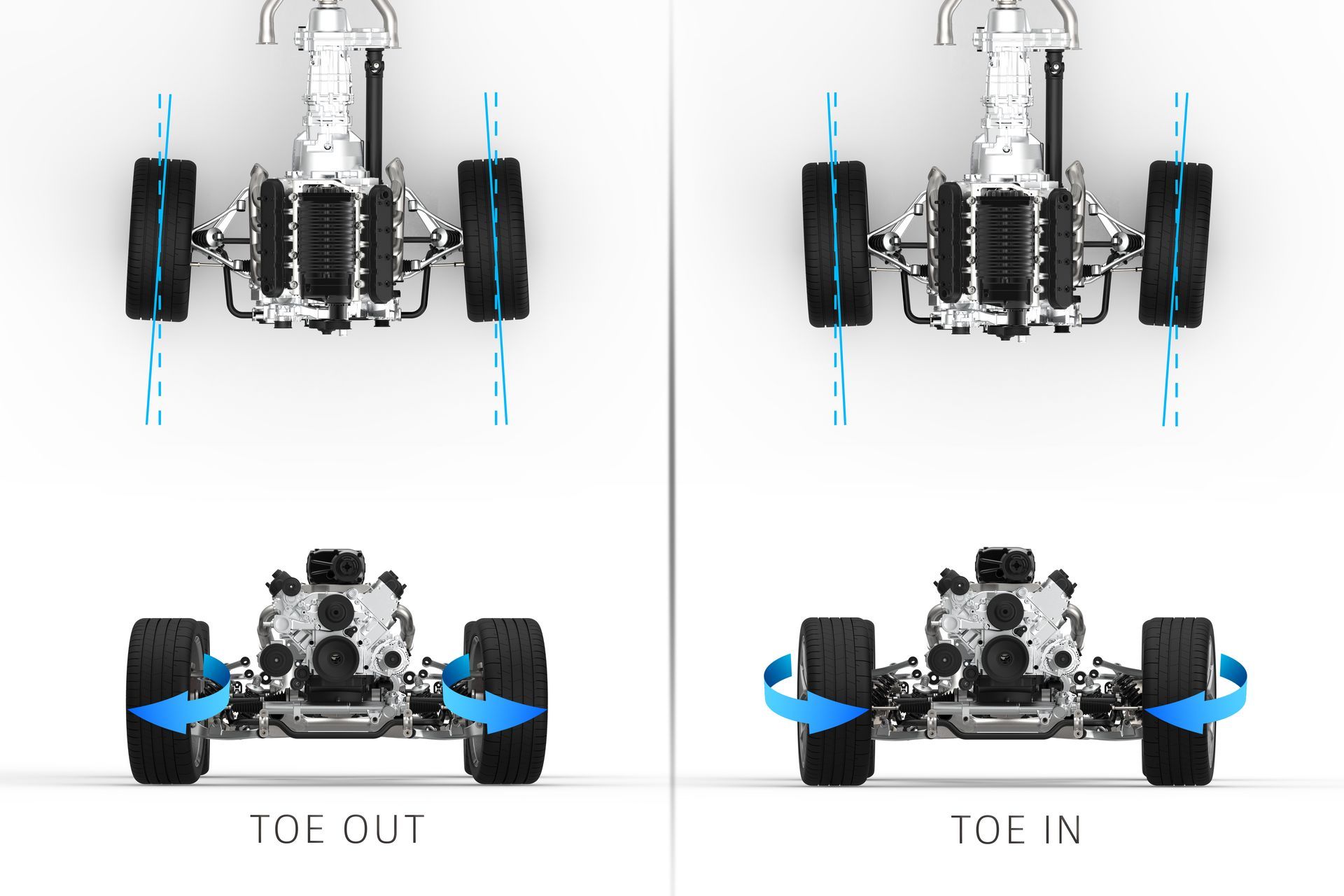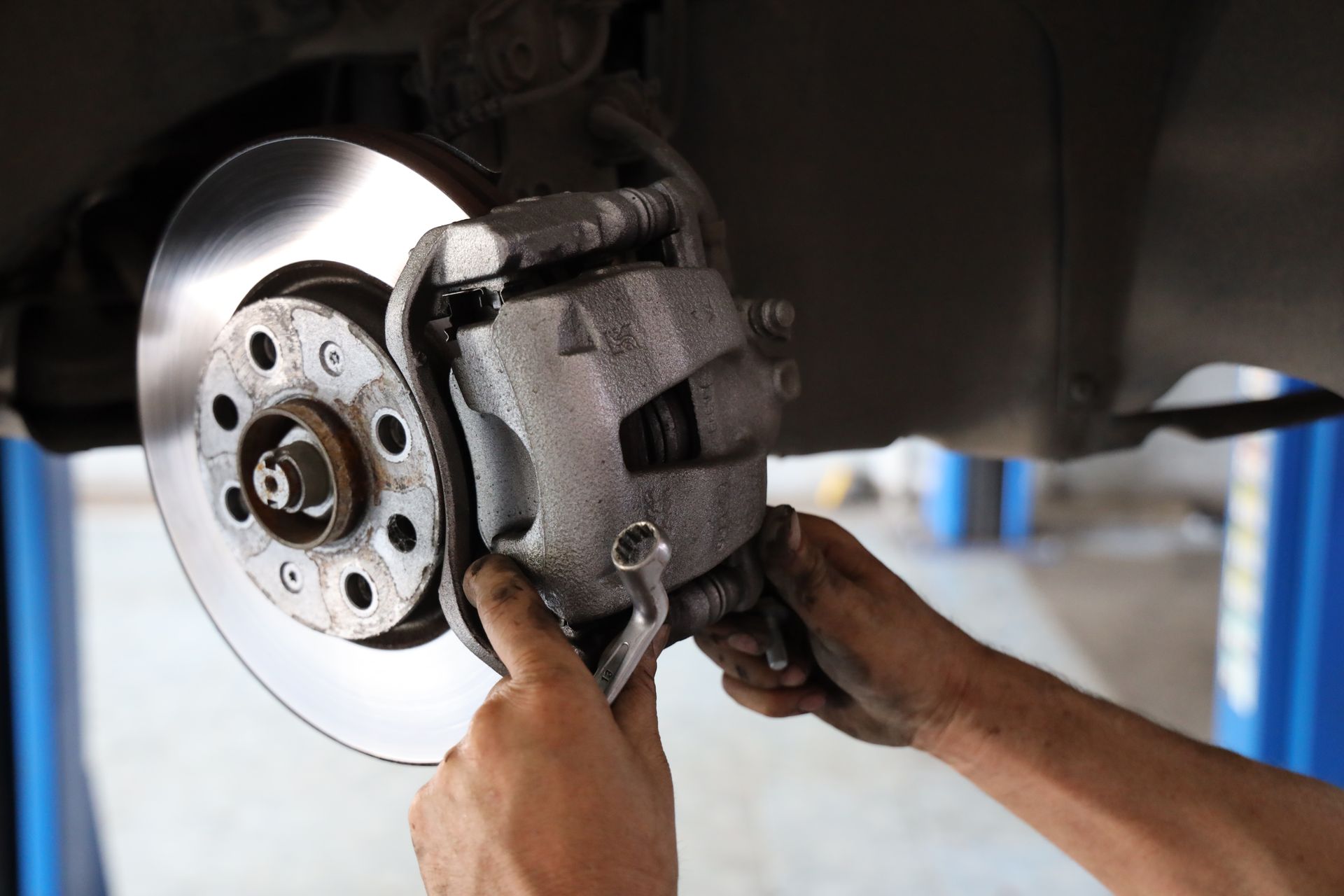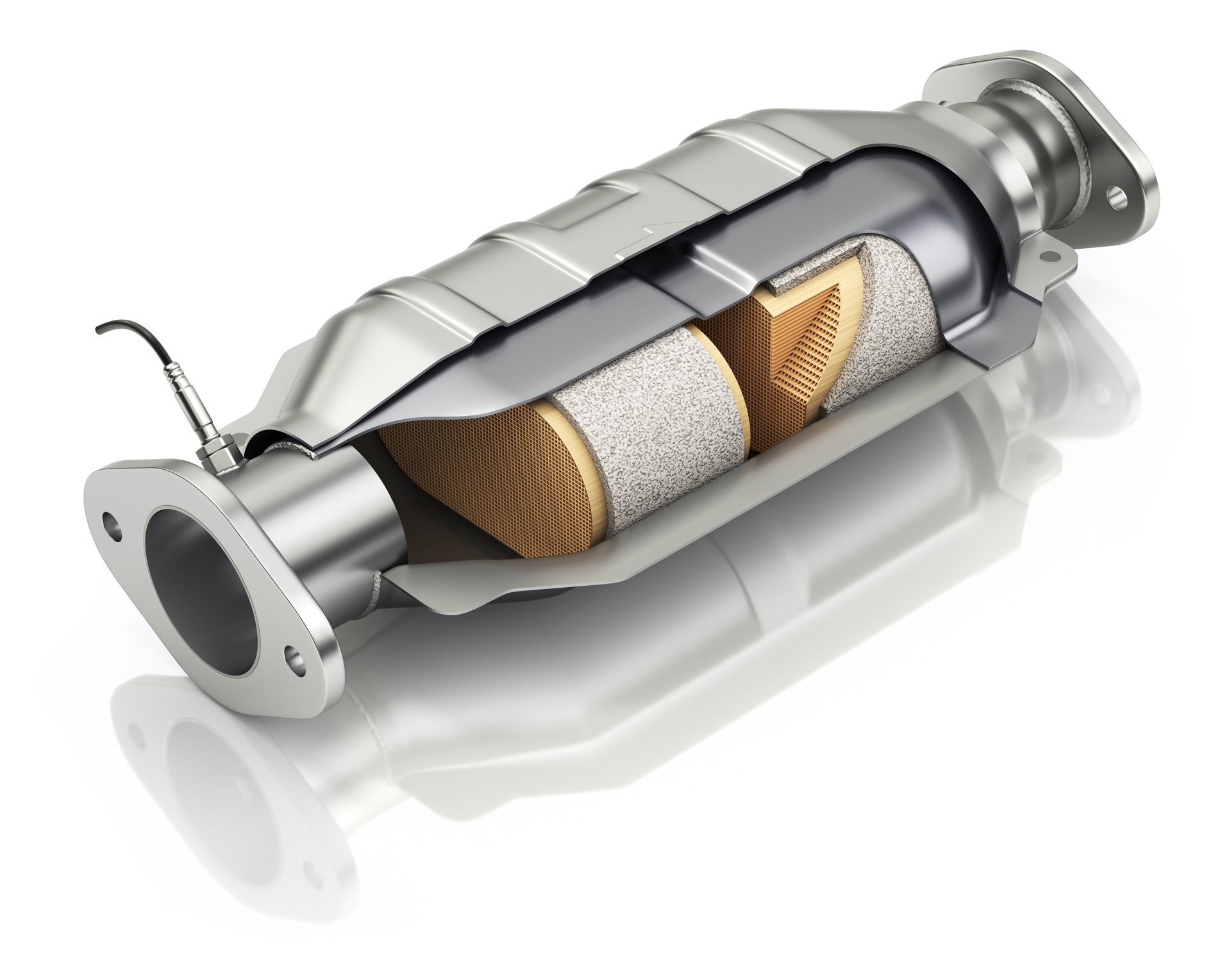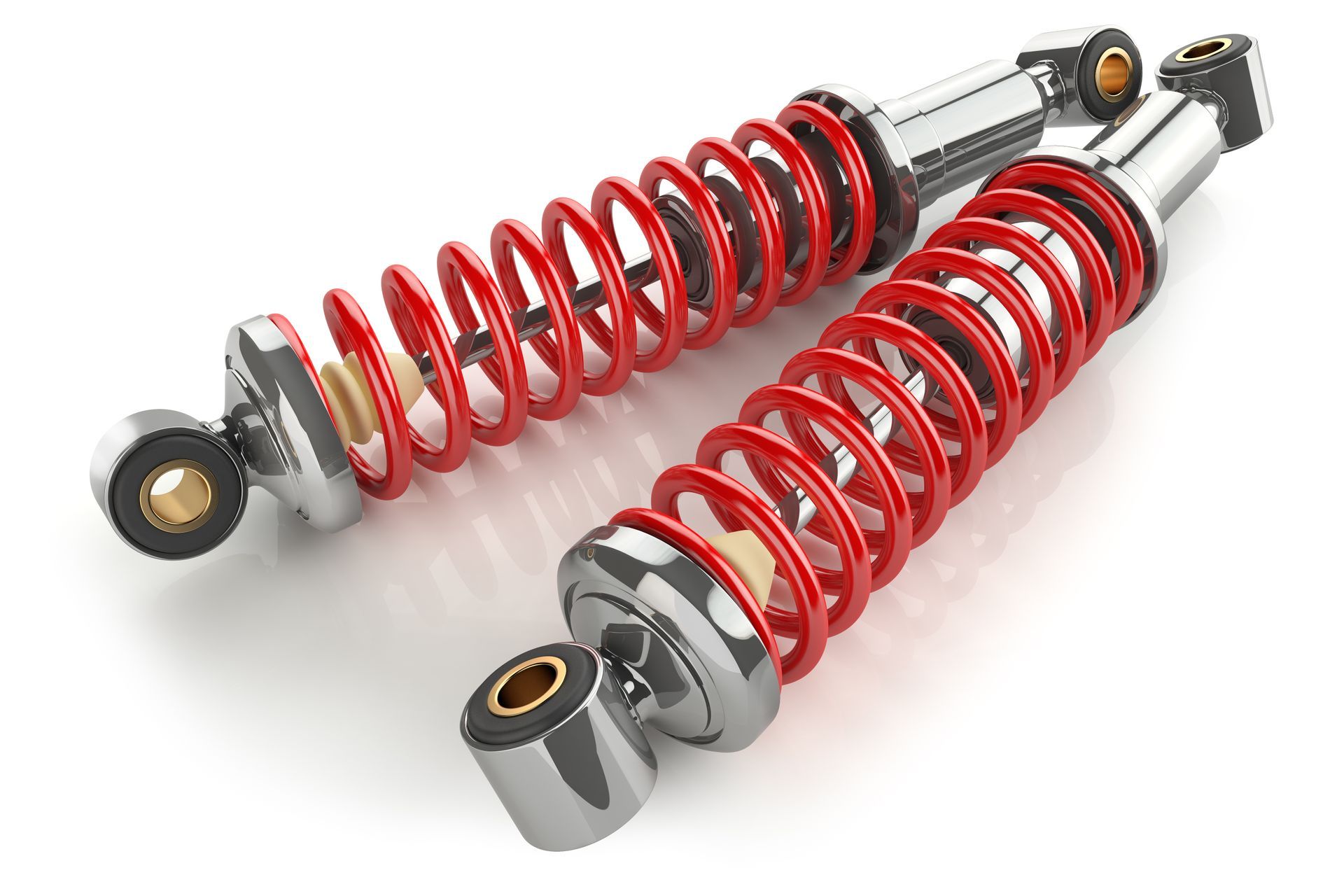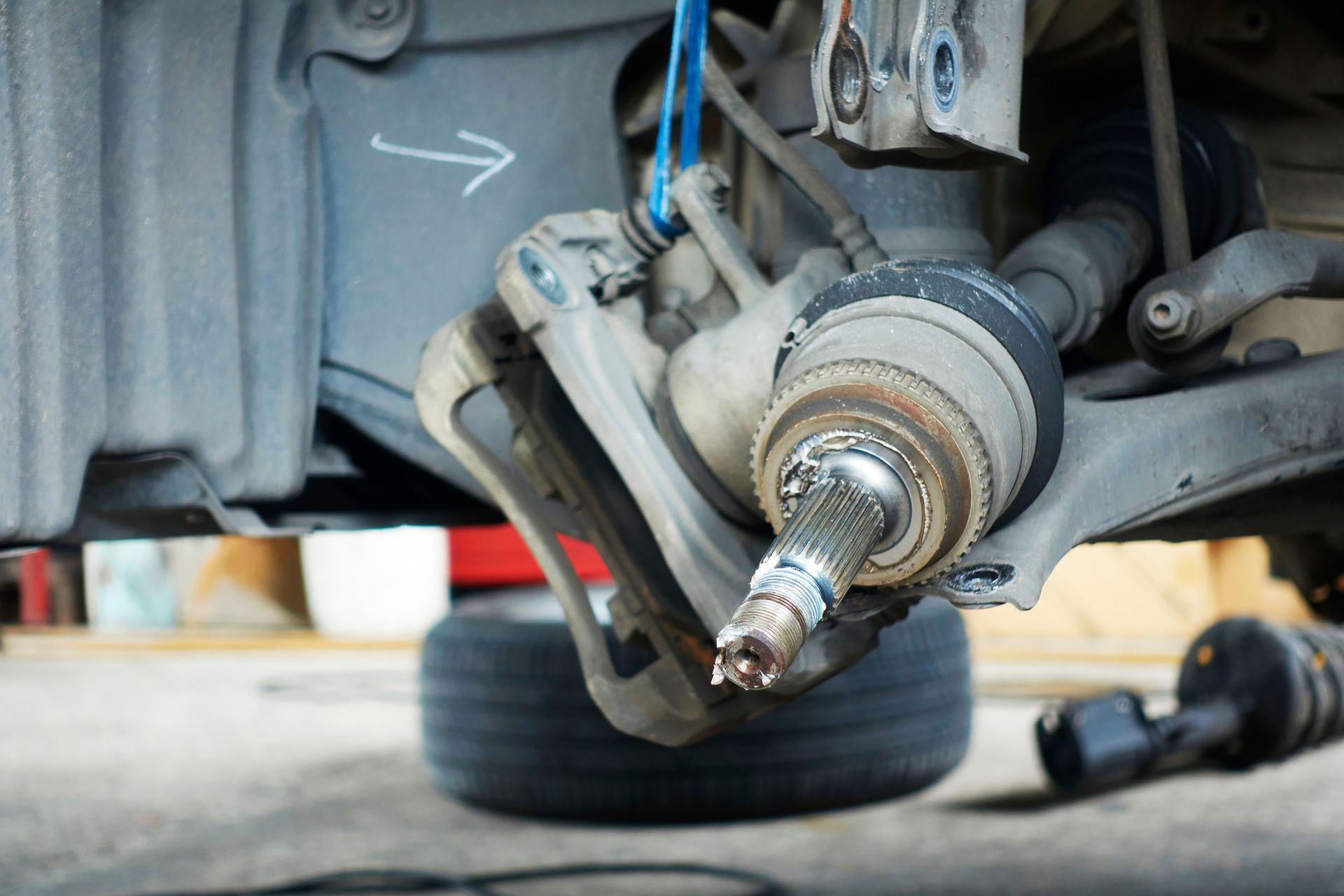A slipping transmission is one of those car problems that can start subtly but quickly turn into a serious and expensive repair if ignored. Your vehicle’s transmission plays a crucial role in making sure power from the engine reaches the wheels smoothly and efficiently. When it starts slipping, you’ll feel a delay or loss of power when shifting, and if not addressed early, it can lead to complete transmission failure.
What Does Transmission Slipping Feel Like
Transmission slipping can feel like your vehicle hesitates before moving forward after you press the gas pedal, or it might rev higher than usual without the expected increase in speed. In some cases, you might notice unexpected or rough gear changes or feel like the car is struggling to stay in gear.
In an automatic transmission, these symptoms are often more noticeable as sudden surges or unexpected downshifts. In a manual, slipping may feel like the clutch isn’t fully engaging, leading to poor acceleration even though the engine is running.
Common Causes of a Slipping Transmission
Low or degraded transmission fluid is one of the most common reasons for slipping. Transmission fluid not only lubricates but also provides the hydraulic pressure needed to shift gears properly. When fluid levels are low or the fluid is old and contaminated, the transmission can't perform as it should.
Other causes include worn or broken transmission bands, faulty or worn-out clutch plates (in automatics), a failing torque converter, or issues with transmission solenoids. Internal component wear in high-mileage vehicles can also be a contributing factor.
Warning Signs You Shouldn’t Ignore
Along with slipping, there are other red flags indicating transmission trouble:
- Delayed or hard gear shifts
- Grinding or whining noises when shifting
- Unexplained loss of power
- A burning smell, often from overheated fluid
- Transmission fluid leaks under the vehicle
- Check engine or transmission warning lights
If you notice any of these signs, it's crucial to have your vehicle inspected as soon as possible to prevent more severe damage.
Check Your Transmission Fluid
If your transmission starts slipping, the first thing to do is check the fluid level and condition. Healthy transmission fluid is typically bright red and slightly sweet-smelling.
Dark, burnt-smelling, or gritty fluid indicates it's overdue for replacement or that there may be internal damage. While topping off low fluid might temporarily improve symptoms, it won’t address the root cause, especially if there's a leak.
Seek Professional Help Quickly
Transmission issues are complex, and early diagnosis by a professional is critical. At Barsh Auto, we use advanced diagnostic tools to scan for transmission codes and assess fluid pressures and internal conditions.
Identifying the problem early can mean the difference between a minor repair and a full rebuild or replacement. In many cases, catching issues at the first sign of slipping allows for simpler solutions like replacing worn seals, adjusting bands, or flushing and refilling the fluid.
Modify Your Driving Habits
While waiting for repairs or after first noticing symptoms, avoid aggressive driving. Hard acceleration, towing heavy loads, and sudden gear changes can exacerbate the problem.
Drive gently and keep RPMs low to minimize additional stress on the transmission until we can address the issue.
Regular Maintenance Is Key
Preventive care is your best defense against transmission problems. Routine transmission fluid changes, inspections, and listening to your car’s early warning signs can significantly extend the life of this critical component.
During maintenance visits, our technicians will check fluid condition, seals, and any developing leaks that might otherwise go unnoticed.
Why You Shouldn’t Delay
Driving with a slipping transmission might seem manageable at first, but each mile driven can cause additional wear and escalate repair costs. Left unattended, it can lead to full transmission failure, leaving you with an inoperable vehicle and a major expense.
Addressing slipping early often results in more manageable and less costly repairs, preserving the performance and value of your vehicle.
Trust Your Transmission to Barsh Auto in Conroe and New Waverly, TX
At Barsh Auto in Conroe and New Waverly, TX, we understand the importance of a healthy transmission for safe and reliable driving. Our experienced team specializes in diagnosing and repairing transmission issues before they get worse. Whether you’ve just noticed slipping or have other shifting concerns, we’re here to help.
Schedule your transmission inspection today and keep your vehicle shifting smoothly and confidently for many miles to come.

